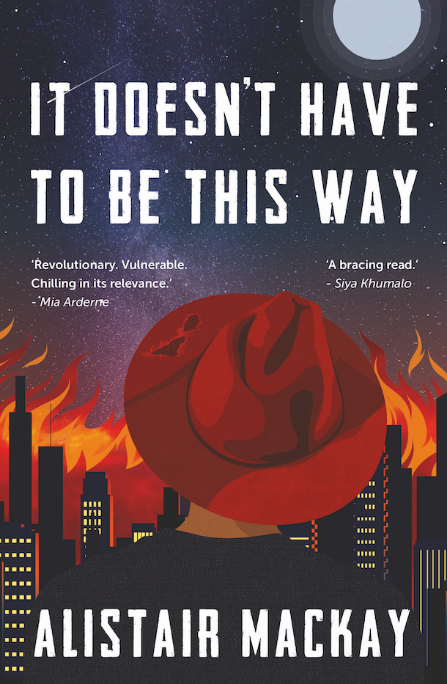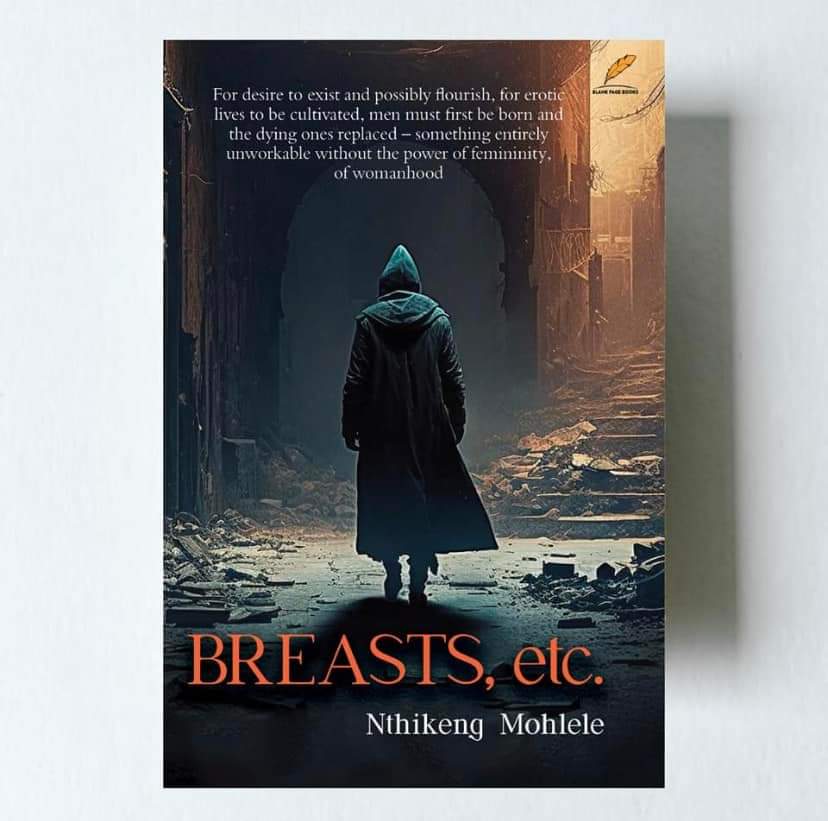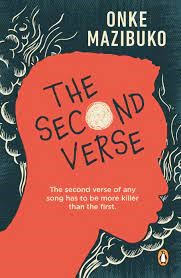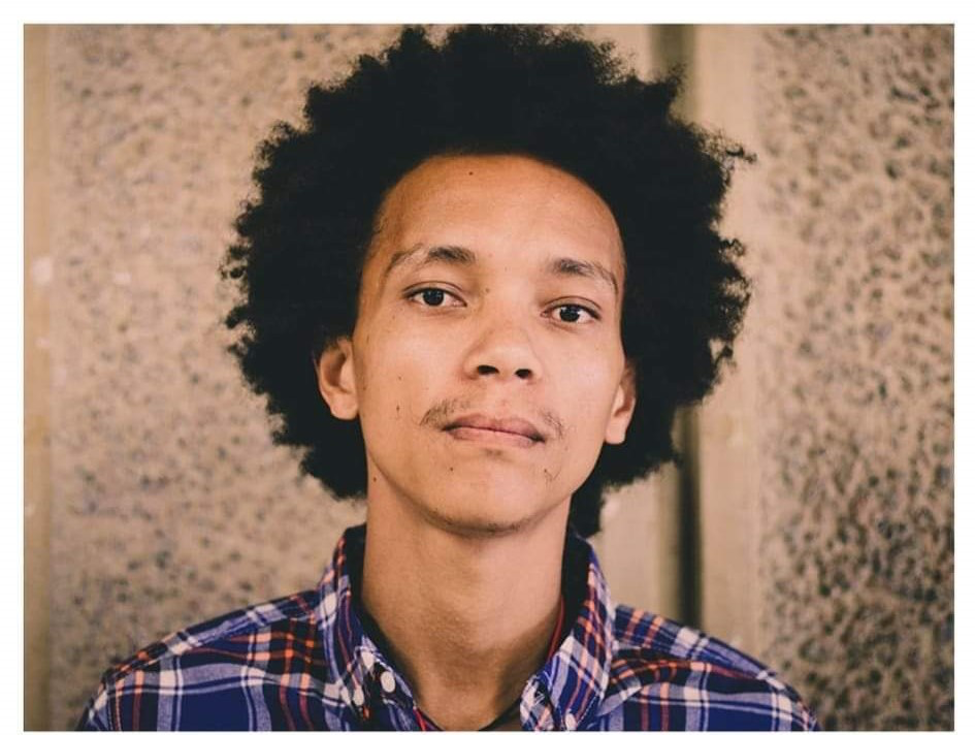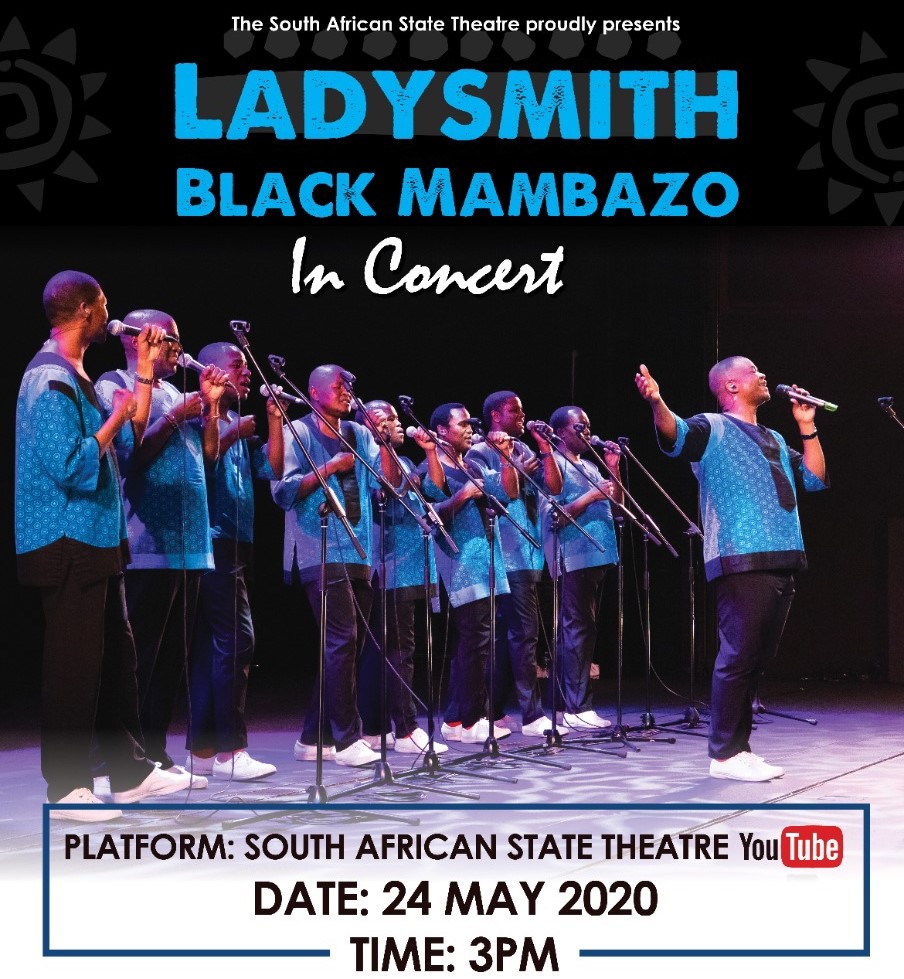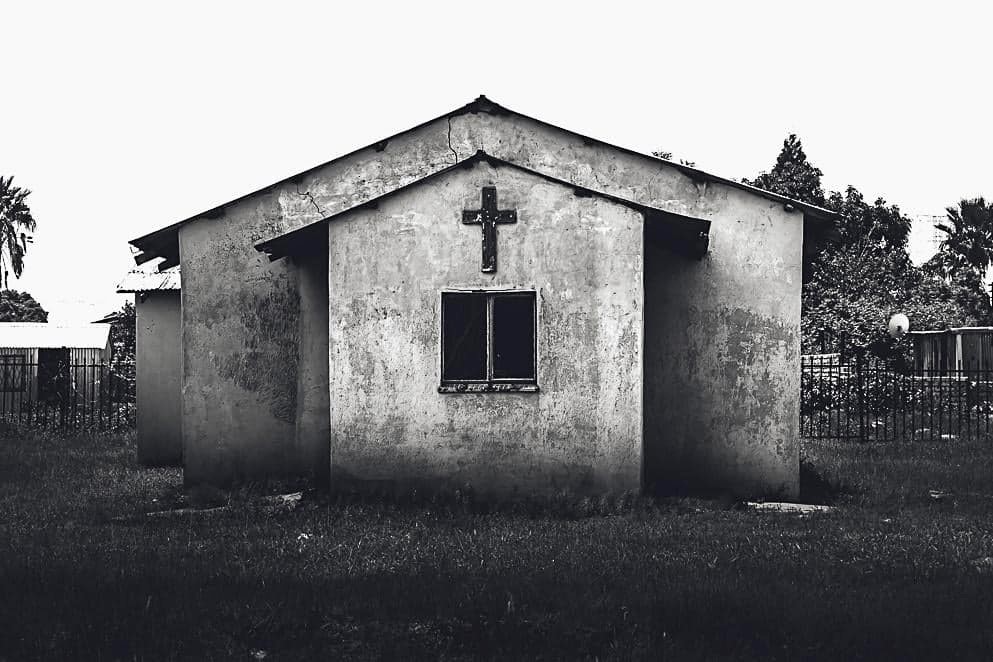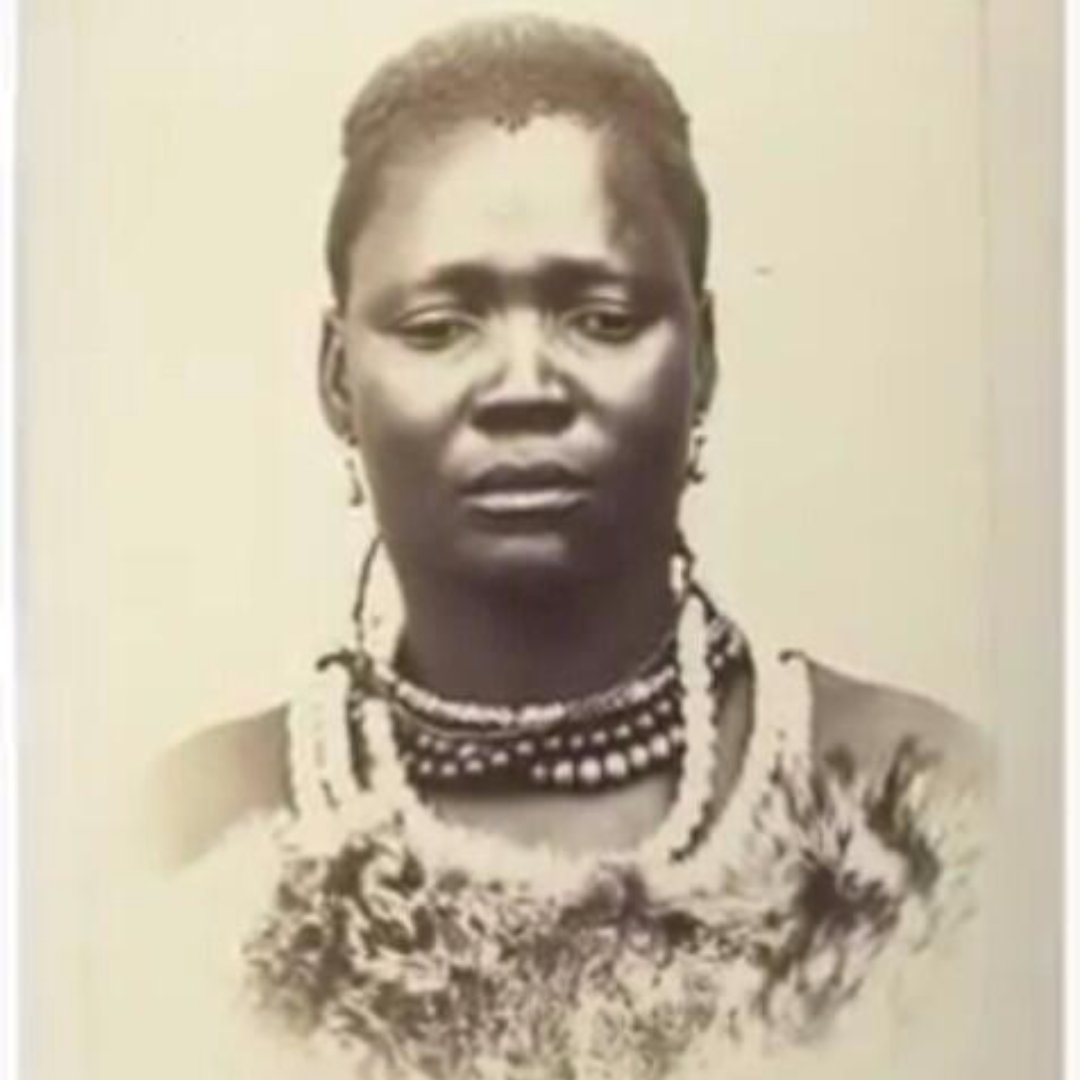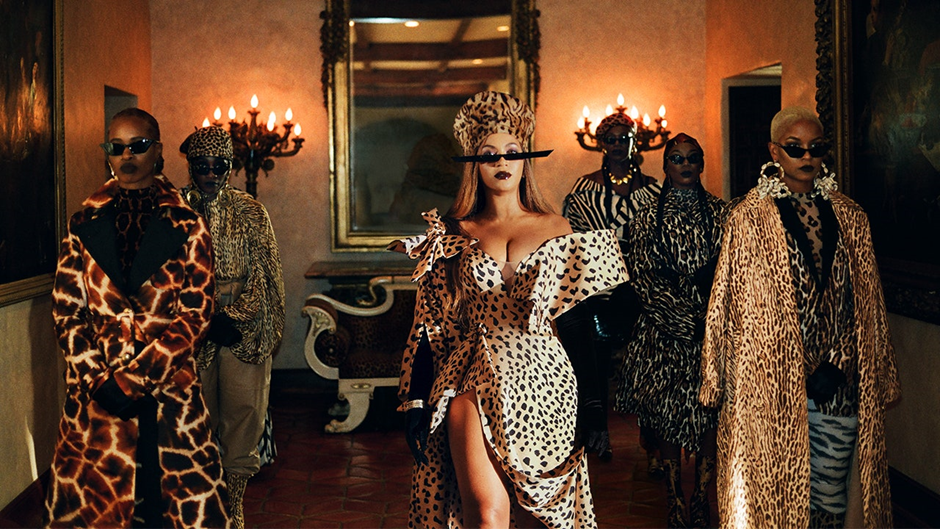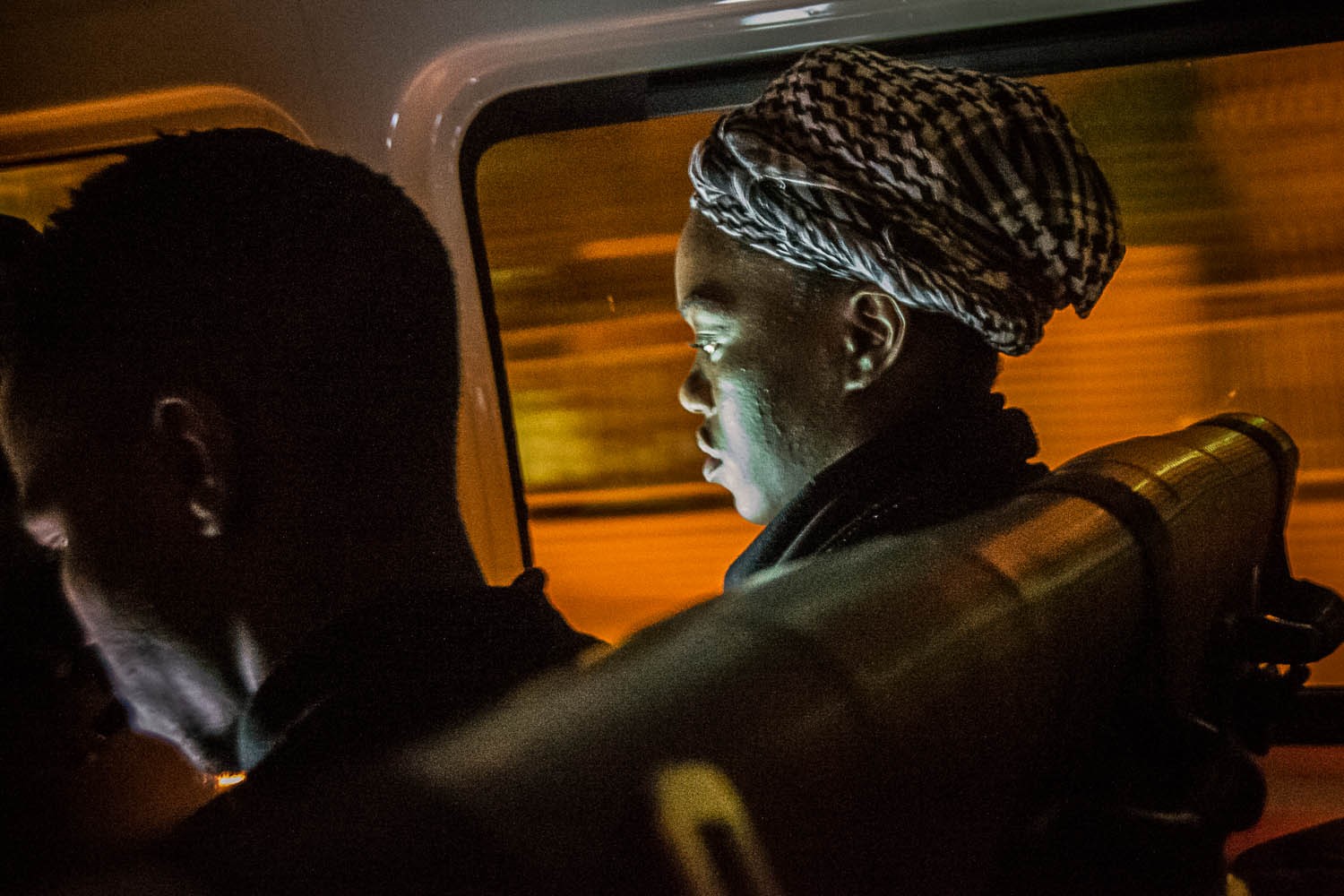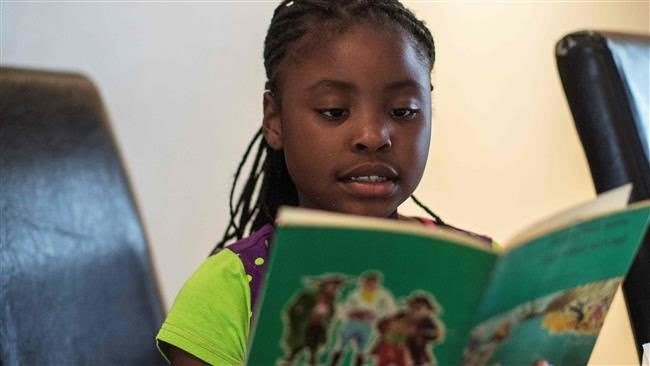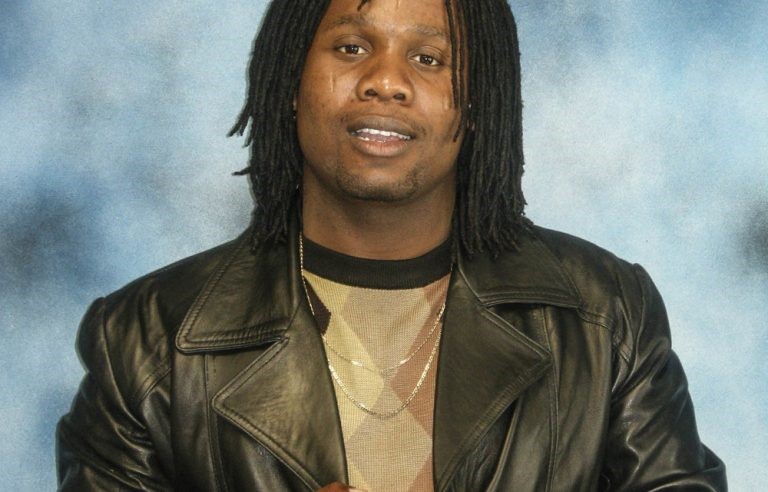Being a homeowner, you not only think about the worst-case scenario concerning safety and security for your family but also survival strategies for the day the world burns. You start being a doomsday prepper- engaging in nocturnal architecture, building bunkers in your backyard, to be sustained by solar panels and non-perishables. What will we do when earth decides enough is enough and then cleanses itself of man’s dirt through fire, water and wind? Who will we call, blame or even pray to? For sure chances are that those in privileged positions may better curb the threat compared to those in disadvantaged communities such as townships and rural areas. Heartbreakingly, we are seeing this worst-case scenario live on our TV screens with the recent floods in KwaZulu-Natal, South Africa and Mozambique. These are just some of the natural disasters occurring locally and around the world in the last few years. But does it have to be this way?
A debut novel connecting fiction and reality
Timely, bold, thought-provoking It Doesn’t Have to Be This Way is an intricate exploration of climate change issues- the Fourth Industrial Revolution (4IR) and queerness. It creatively unpacks how these themes relate to the complexities brought by capitalistic and religious ideologies, specifically in an African setting. It’s a well-written debut novel presenting a worst-case scenario of the effects of global warming, not only in South Africa but globally. A convergence of fiction and reality that brings Mark Zuckerberg’s Meta Universe or Netflix’s Black Mirror to the page. But this latest offering is not as farfetched as many would assume. Driverless pods, cashier-less retailers, Augmented Reality (AR) implants, and takeaway delivery drones in a setting of rising sea levels, wildfires and drought is currently the order of the day. As the book cover sleeve attests, the text burns away the ignorance some may have on these themes. It burns the stigmas that Africa doesn’t have a voice in the climate change conversation and technological advancements.
Who will fight for us?
Mainly driven by five intriguing characters in different but overlapping timelines spanning fifteen years, this book is an exciting adventure that conjures a multiplicity of emotions. Luthando, Viwe and Malcolm are queer friends tightly connected by their passion for environmental issues and technology. Along with Noxolo they also fight for social justice in an unequal world. In major parts of the book, the author mainly uses a third-person narration except for one character. In the immediate post-apocalyptic future living on gloomy Kapelitsha Island, Milo uses first-person narration to relay a picture of the current state of his world. “The sea is full of dead bodies and bits of clothing and plastic, so even if the droplets are cool, they aren’t clean. I keep my mouth shut and try to breathe as little as possible as we walk” states this young yet curious and brave character.
Luthando is an IT specialist turned revolutionary, his keypad is his weapon and his coding skills are bullets causing mass consciousness on environmental issues. Like a tech-comrade, he is highly active in his cause blocking all social media naysayers. “He has no time for armchair critics, for those who believe that feeding the online outrage machine is enough, that writing all caps with four exclamation marks counts as putting in the work”. His small actions have a huge impact yet typical of any revolutionary he is labelled a terrorist in the eyes of the state. Another character that stood out for me was Viwe. An architect by profession challenged with how to build an environmentally conscious future, Viwe is a giddy character. He engages the reader on sexual identity matters and stigmas in relation to queerness mainly brought by religious dogmas. Even in a burning world some patriarchal religious disciples still ask if homosexuality is African and godly? Although the principal tone of this fictional work could easily be a non-fictional book or an academic paper to whet many scholars’ appetites, the author writes with artistic mastery.
Climate change, queerness and tech in Africa
It Doesn’t Have to be This Way challenges the notion of whether as Africans are we really taking climate change issues seriously or do we rationalise it as a Western problem? The debate of economic/service delivery versus climate change concerns is further prompted. Should Africa put more effort and resources into dealing with environmental matters, or should that energy move more towards dealing with poverty, unemployment and inequalities? Or should we conclude that these issues equally affect us all regardless of class, race and location? Of course, the human mind may want to rationalise that nature will take its cause no matter what thus there is nothing we can do about it. In some of the chapters, the author subtly questions the brittleness of our human beliefs. “We’re lazy, stubborn species, never missing the opportunity to disappoint. We love the path of least resistance. Given the choice between thinking and believing, thinking seldom wins”. Thus it can be argued why we might be susceptible to cognitive manipulation from tech companies and media houses through retweeted fake news. Some would rather settle with what they have been told instead of engaging in critical independent thinking on burning issues of queerness, technology and climate change in Africa.
Technology and Mental Well-being
Enormous benefits come with innovations but at what cost to human and overall ecological systems chiefly when profit-seeking ambitions are the driving force. As Prof Tshilidzi Marwala warns us in his book Closing the Gap- The Fourth Industrial Revolution in Africa (2020) one major risk emanating from climate change and 4IR is raising inequalities that may lead to a “digital Master and Slave” status quo. “Countries that understand and harness advances in the 4IR will hold the power…nations could become so powerful that, if this control is not checked, it can lead to a new form of slavery”. Other increasing risks of the increasing dependence on technology may include loneliness and depression due to loss of human connection. Peter H. Diamonds and Steven Kotler in their well-researched and prolific book- The Future is Faster than you think (2020) argue that humans are an extremely social species. Thus “Loneliness is one of the great and deadly terrors of the modern era. The desire for connection is a foundational human driver, an intrinsic motivator in the psychological parlance.” Additionally, loss of independent thinking, empathy and self-worth may also be another disaster to our natural well-being as humans due to tech corporations nudges. To this Malcolm's character in the book asks-“How dare the world make so many people hate themselves”. In an attempt at a response Luthendo states “This late-capitalist civilisation bullies us. Don’t forget that. It tells us we aren’t enough and we are…if we buy things, we’ll be whole. If we produce, we have value.” Profound and true, there is plenty research that indicates on how tech companies put profits before people’s well-being, share value propositions thrown out the window. “We’re worthy of love just because we exist. Just nje” Luthendo affirms. Basically, It Doesn’t Have to Be This Way prompts tech companies to invest more in their corporate sustainability initiatives. It further encourages governments to draft more sustainable policies in relation to how technology affects the natural environment and a nation’s mental wellbeing.
The future is here, is Africa ready?
In a survey report, Deep Shift-Technology Tipping Points and Social Impact published in 2015 various technology shifts were concluded. One of the consensuses was that the expected implantable technologies- such as microchips, smart pills and mobile devices- will be commercially available by 2025. The survey argued that implanted devices will likely enable us to communicate thoughts, emotions and other signals that would be normally expressed verbally. The future is definitely here because some of these implants technologies are already available. In recent developments, British-Polish company- Walletmor is commercially selling microchips implanted in the wrist for cashless payments. Currently sitting at two hundred implants administered, these microchips allow customers to pay by waving their hand to the speed-point instead using cash, cards or scanning QR codes. Look, as much as this sounds like digital witchcraft these are both exciting and scary possibilities. I can only wonder if Africa will again be left behind- will we be guinea pigs or will we truly participate in such advancements?
From ancient times as Africans, we have been very conscious of nature and technology. Our ancestors read the stars, danced for rain and toiled the soil. We were alchemists of our own dreams, to feed our communities while still preserving Mother Nature. So when DJ Sbu hugs trees and others go on digital detoxes it’s not madness but a yearning to return to our natural selves. Young climate justice activists such as Vanessa Nakate and Greta Thunberg also remind us of the need to return to nature. Essentially, we must remember that no matter how much influence or money we acquire we can never have absolute ownership of natural resources. “It’s so stupid, this idea that land can be owned. Land, which existed long before people and our ideas about ownership and rights. It doesn’t belong to us. If anything, the soil owns us. It lets us move around for a bit and then it takes us back” echoes one of the characters in the book.
Custodians of our planet
This then begs the question- Are we not capable of being better custodians of our planet and responsible with new technologies or are we inheritably disruptive and selfish? While reading the book I found myself shaking in my slippers- also because of odd cold rainy weather these past weeks- with a racing heart on my thoughts of floods, wildfires or permanent blackouts (Shout out to Eskom!). How will my family be protected from such I still wonder?
Undeniably we are living in VUCA times filled with volatility, uncertainty, complexity, and ambiguity, accordingly, this book is a warning! If individuals, government and businesses don’t wake up soon the truth will burn us like sandstorms to the eyes. When we do eventually awake to a country in flames- or floods- will we send an SOS WhatsApp message to God? Try to Google answers from our ancestors?
As with Alistair Mackay I too have a keen interest in climate change, queerness, technology and social justice hence I was immensely captivated by this book. It Doesn’t Have to Be This Way is a relevant, insightful and timely debut novel prompting mankind to return to nature to make us whole again. As simple as it may sound, it is truly up to us to define how this world could be for future generations to come.

